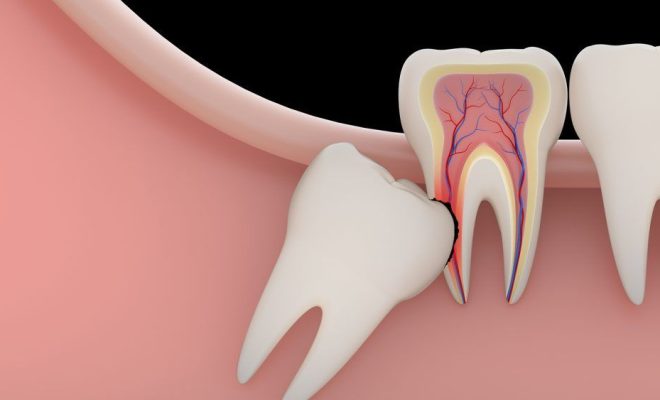These Are the Best Ways to Study for Your Finals

As the end of the semester approaches, the pressure of finals can feel overwhelming. It’s no secret that success on these critical exams can significantly affect your grades. However, with the right study strategies, you can tackle your finals head-on and come out on top. Here are some of the most effective ways to study and prepare for your final exams.
1. Create a Study Schedule
Time management is crucial when preparing for finals. A week or two before your exams begin, draft a detailed study schedule. Allocate time slots for each subject based on difficulty and importance. Stick to this schedule diligently to ensure you cover all necessary material without last-minute cramming.
2. Understand the Format of Each Exam
Each subject might have a different exam format—multiple choice, essay, problem-solving, or a combination of types. Tailor your studying method to fit each format—for instance, practice with previous exam papers for multiple-choice tests, or work on essay outlines.
3. Organize a Study Group
Gathering with classmates to discuss and review material can be incredibly beneficial. It allows you to gain different perspectives on the subject matter and reinforces your learning through teaching others. Make sure your group stays focused and uses time efficiently.
4. Use Active Learning Techniques
Passive reading is rarely effective. Instead, engage with the material actively by summarizing information in your own words, creating flashcards, or drawing concept maps. Active recall practices are proven to enhance memory retention.
5. Take Breaks and Avoid Burnout
Marathon study sessions can lead to fatigue and burnout, counteracting your hard work. Make sure you take short breaks every hour to rest your mind and maintain productivity throughout long periods of studying.
6. Visit Office Hours
Professors and TAs often have office hours designated for student help—take advantage of this! They can clarify confusion you might have or offer insights into the most important topics to focus on.
7. Stay Healthy
Proper nutrition, adequate sleep, and exercise are often overlooked during finals season but are critical for peak mental performance. Avoid excessive caffeine and junk food, which can lead to crashes after temporary boosts of energy.
8. Practice Self-Assessment
Test yourself regularly using quizzes or practice exams to identify areas that need improvement. This will not only aid in retaining information but also help reduce anxiety by familiarizing yourself with exam conditions.
9. Prioritize Difficult Subjects
Focus more energy on subjects that you find most challenging since they will require more effort to master. Once you’re comfortable with difficult topics, move onto revision of easier material.
10. Use Visualization and Mnemonic Devices
Mnemonic aids make use of patterns or associations to remember concepts more easily—for example, using acronyms or rhymes. Visualization techniques involve creating mental images associating complex information with something familiar.
By integrating these strategies into your study routine, you’ll approach finals with confidence and poise. Remember that consistency is key—don’t wait until the last moment to implement these methods; start early so they become part of your regular study habits!





